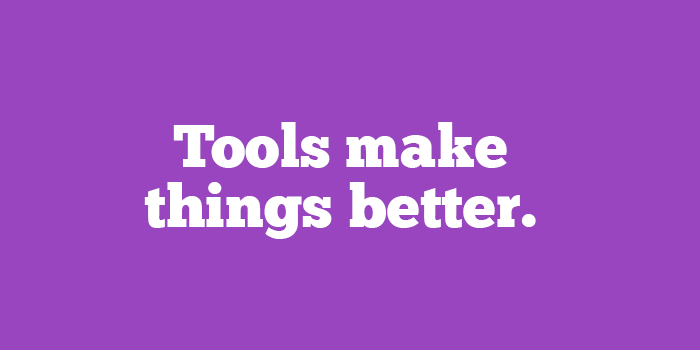
30th September, 2014
 Last week I attended an event designed to inspire and motivate start-up entrepreneurs (what I was doing there, I don’t know!), providing us all with some hard hitting insight into our own business workings. The main speaker and leader of the day was undoubtedly brilliant, imbuing us all with belief and opening many of our eyes to business practices we had been missing, or in many cases were simply not aware of.
Last week I attended an event designed to inspire and motivate start-up entrepreneurs (what I was doing there, I don’t know!), providing us all with some hard hitting insight into our own business workings. The main speaker and leader of the day was undoubtedly brilliant, imbuing us all with belief and opening many of our eyes to business practices we had been missing, or in many cases were simply not aware of.
At one point, however, in the late afternoon the speaker declared that market research is dead, especially to the entrepreneur. That whilst conducting market research could assure you for thousands of years, that primary and secondary research data could be analysed and reanalysed until the proverbial cows come home and we would still not know how a product or service functioned in the wild.
Unfortunately, the last part of his common was correct – unleashing your new product/service into the wild is the only truly dependable way of testing each facet of its structure against unknown or unrealised pitfalls. However, I did counter that market research is not dead – it is an evolving tool, as are many of the traditional tools of the entrepreneur.
Market research has changed throughout the past decade or so. Mobile has swept the board. Surveying is on the decline. As the web continues stratospheric growth we can utilise the many analytics platforms to achieve outline research into target demographics and increasingly search, SEO and analytics prove that their intersection with mainstream services will likely continue. The roots of SEO are in data analytics so it seems inevitable that – considering the predominant role of market research to inform marketing communications, branding and positioning – the online, digital society would require an instantaneous feedback tool. More data, speedier returns, faster insight and quicker business decisions.
Market research will not disappear. The role of robust, well delivered market research is still clear throughout the business landscape, to business big and small. Even global-mega brands such as Apple appear to need to get back in touch with their market research roots following the somewhat comical follow up to the iPhone6 launch. But understanding the role of the market research in the increasingly digitised landscape is where you experience realistic ROI:
The data gathered by studying these standard SEO techniques should enable a focused, direct market research campaign that can be used throughout a product lifecycle to refocus, rebrand or reimagine where a product might be required to go, or where a consumer base is about to move to. Market researchers should be using some SEO formatting alongside the traditional to inform business models, marketing strategies and product design, as well as maintaining their own consumer base.
Market research is not dead, especially to the entrepreneur. We just need its benefits at different points throughout the journey.
Image Credit: cloudfront.net